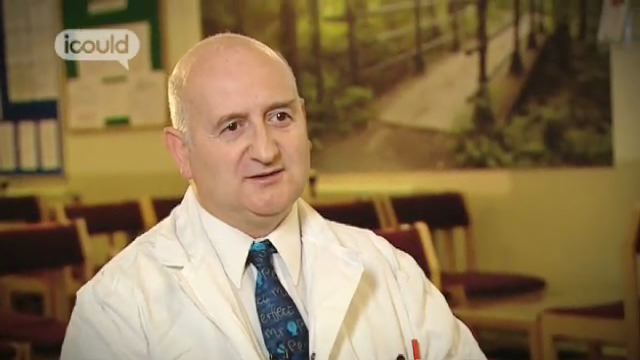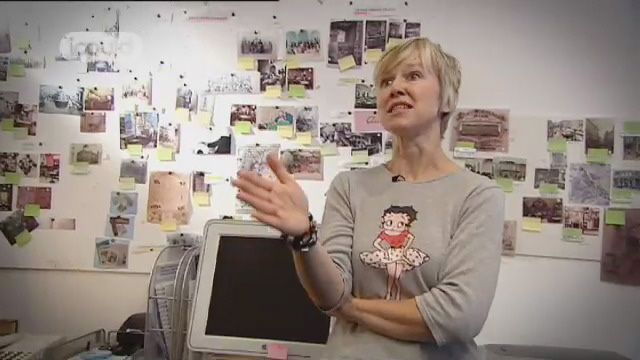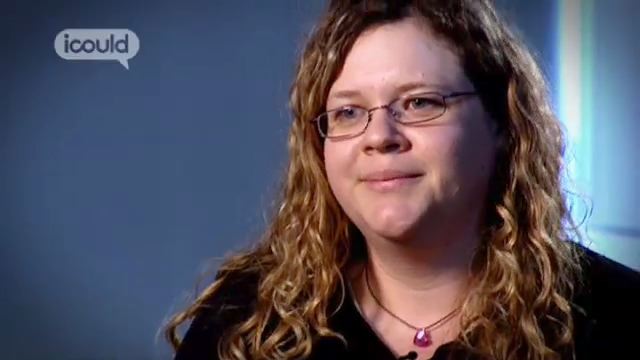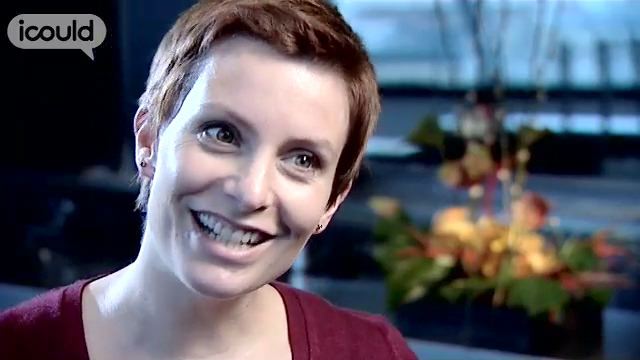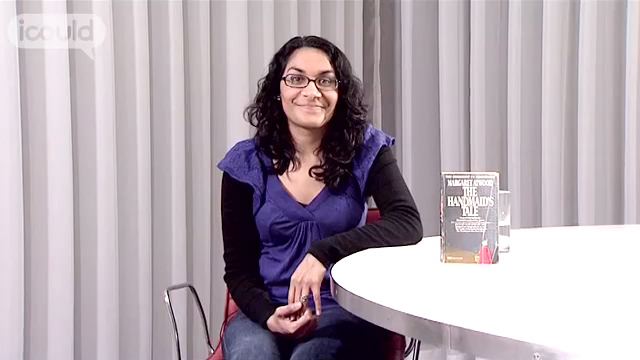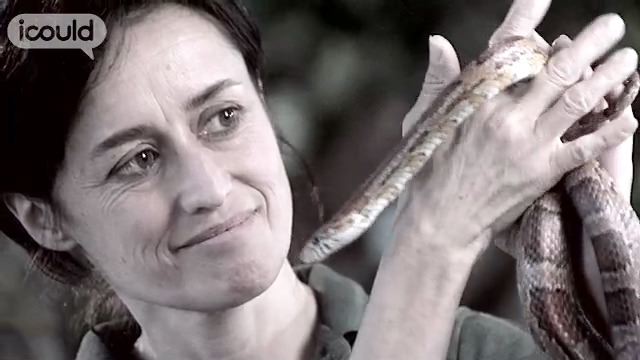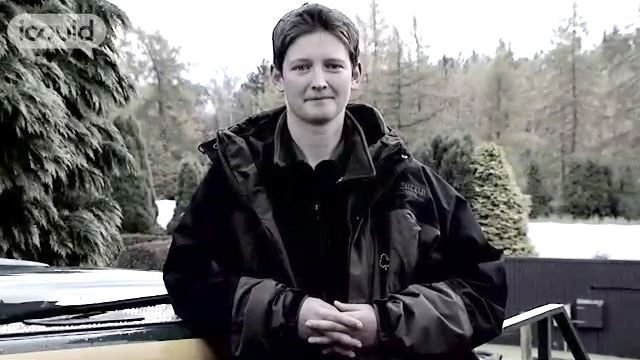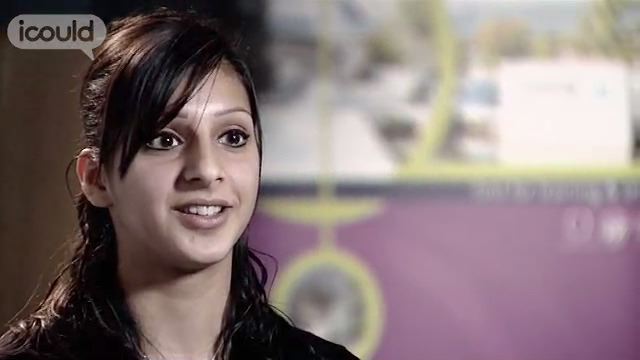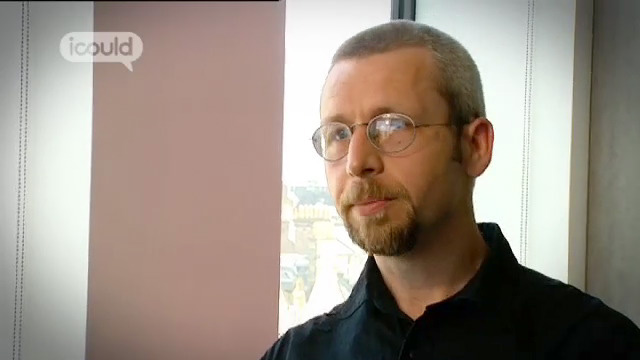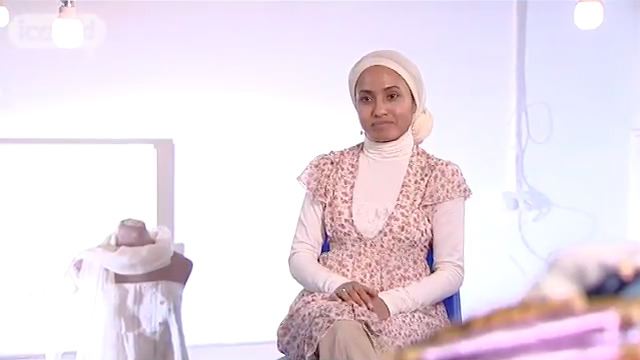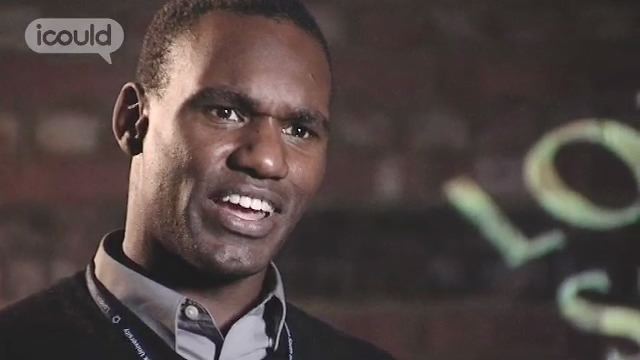Teacher - Special Educational Needs and Disabilities
Michael Tippett School
Tennille M
00:01 My name’s Tennille M and I’m a teacher at the Michael Tippett School. Michael Tippett School is a school for students with complex needs and I have a class of 13 students which I teach with another teacher, they all have severe learning difficulties and autism.
00:20 I had no intention to teach in special needs schools at all. Like many Australians it’s almost a rite of passage for us to come over and work and live in Britain and travel and see Europe and that was what really motivated me, I wanted to travel and see the world. So I came over with a primary education degree I came over to travel and to do supply teaching in primary schools. And I came to Michael Tippett School for one day and I’ve never left basically cos I love it so much.
00:52 I find the reward a lot more because I have taught in mainstream schools before but I do find it more rewarding to see the progress my students make and also I get to know my students so much closer, so I get to know my students well and get to know what their individual needs are. It took me probably I think 2 years of you know being in the classroom to really feel confident you know teaching students with such complex needs.
01:20 I left, finished school I wanted to, either be a drama teacher in a secondary school or I wanted to be a classics academic and so I decided to pursue classics and I went to university and did a degree in Ancient history and classics. But by the time I’d finished I was bored of it. It didn’t inspire me I just would go to lectures, I’d do my essays but I wouldn’t, I didn’t feel inspired anymore, so I knew I wouldn’t want a job that didn’t inspire me. And so I decided well I like kids, I’ll do a degree in primary education and I really loved it.
01:58 I really enjoyed school. It was good and I do, I miss it, even though it was a long time ago, when you know we were always outdoors, we had our lunch outside, it was very carefree I think and of course we worked hard as well when we were in, especially when we were in secondary school. I think in school I did, quite broad I made sure that I did a maths subject, made sure I did chemistry and I also did drama and history so I tried to cover all the subjects, so that I always had something to fall back on and had a few options open to me.
02:32 My mum was a cleaner and my dad worked in a factory and I was the first person in my family to go to university. You’d go to university you know you’d go to lectures you’d work on your coursework and then you’d get ready, go to work. I served fast food for 5 years, it’s a lot of pressure when you have to support yourself as well.
02:51 Being able to do that also it gave me the confidence to come half way across the world on my own, I didn’t know anybody so, gave me confidence to do that and brought me so many other experiences.
03:02 My major mentors were a couple of teachers at school who, really supported me especially when I was doing drama at school and my history teacher as well. I had depression when I was at secondary school, I cope with it right through family support really, my mum and my dad were really, really supportive of me.
03:23 When you have some, an obstacle like that, that it is possible to get over it because you have very dark days when you don’t think so, but as long as you’ve got a goal you can overcome obstacles.
03:35 I don’t have depression anymore it the illness sort of stopped as soon as I came over to England. I never thought I would be as confident as I am now because I was always a shy person, so everything always seemed to be a dream that I was reaching to attain and now it feels like I’m doing the one thing that I love so, I’ve made it.
03:55
Tennille M is a teacher at the Michael Tippett School – a school for students with complex needs. She came to England from Australia and says “it’s almost a rite of passage for us to come over and work and live in Britain… and that was what really motivated me, I wanted to travel and see the world. So I came over with a primary education degree, I came over to travel and to do supply teaching in primary schools”.
More information about Teaching professionals n.e.c.
The UK average salary is £29,813
There are 37.5 hours in the average working week
The UK workforce is 47% female and 53% male
Future employment
- Designs and implements methods of assessing the performance of students, co-ordinates and undertakes the evaluation of assessments and awards grades of merit based upon performance
- Manages/owns and teaches in private drama, music and dancing schools, training centres and similar establishments
- Provides private academic, vocational and other instruction to individuals or groups
